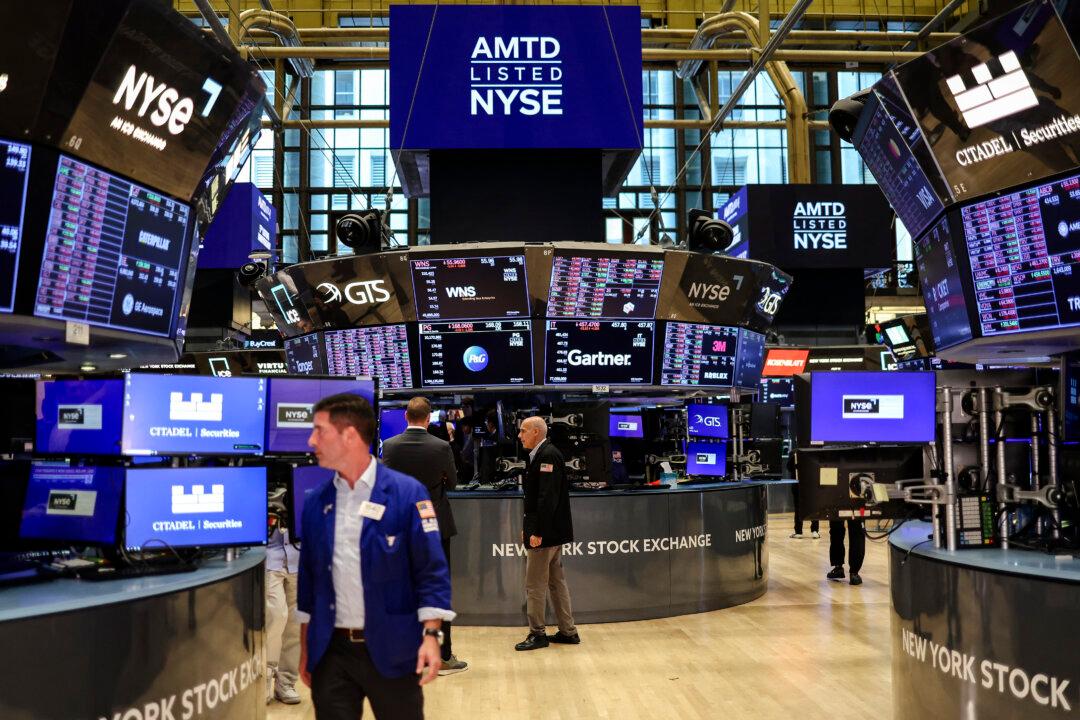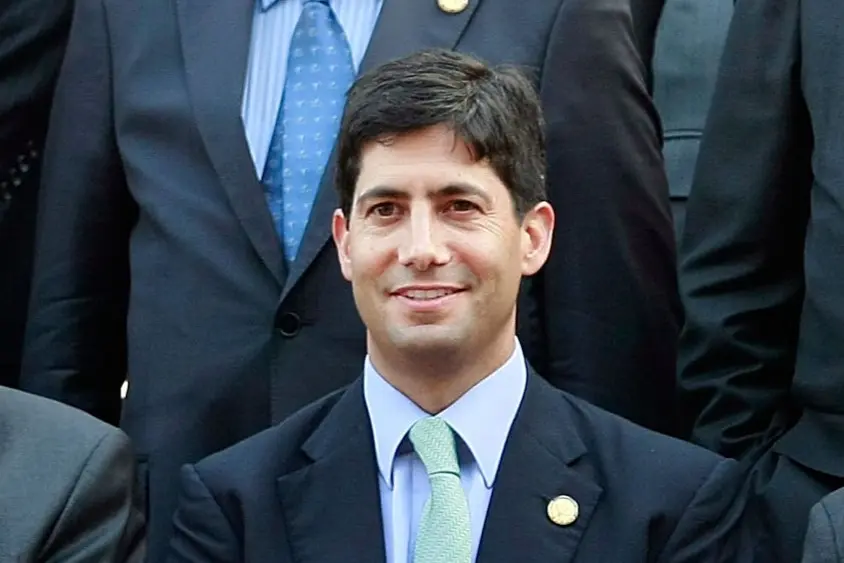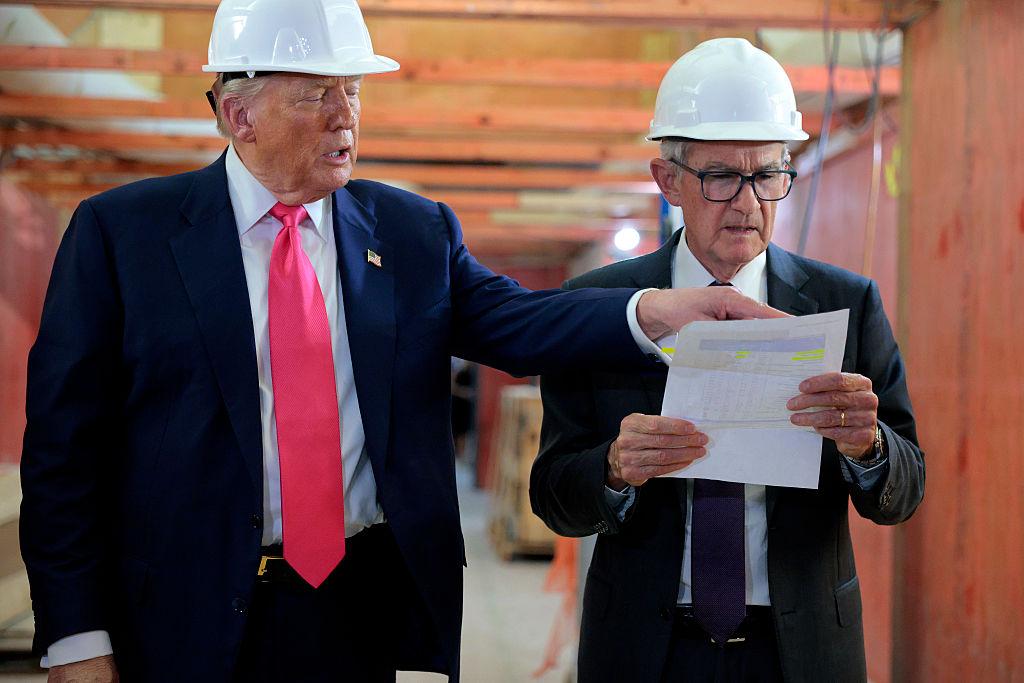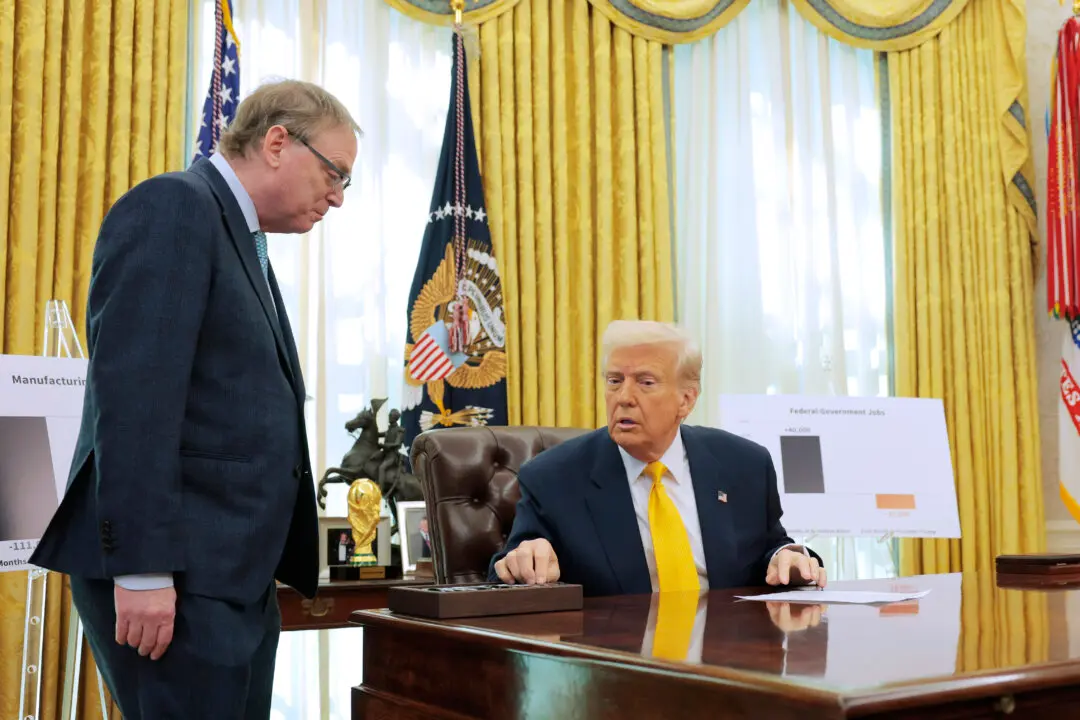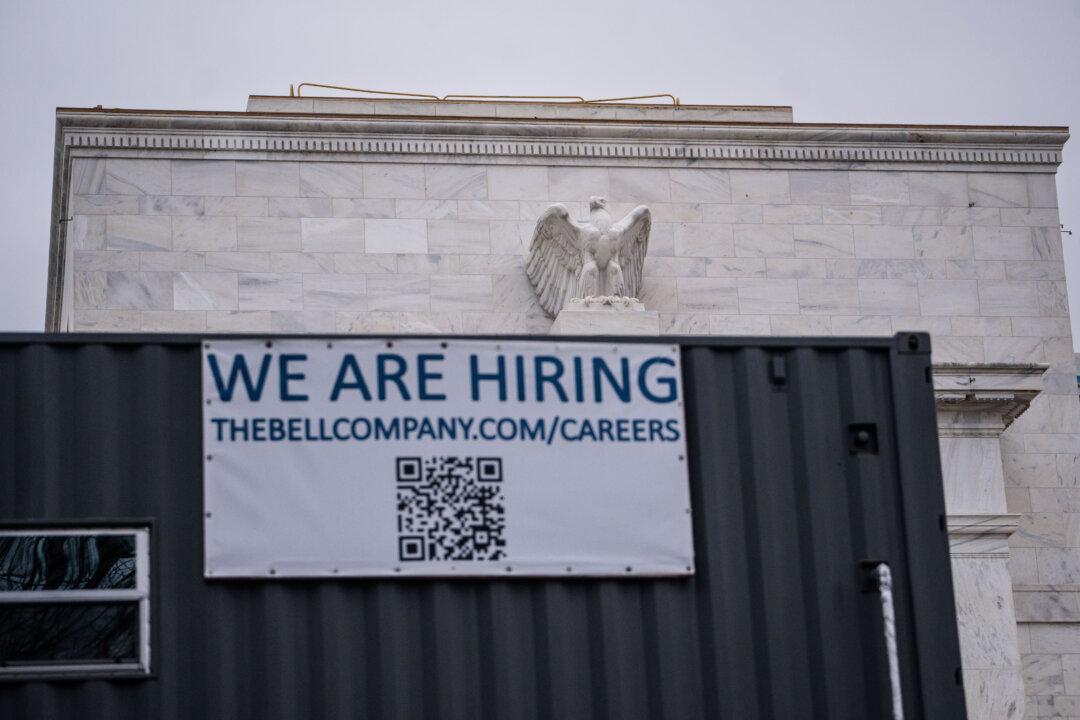Commentary
Every year, I wonder why the stock market doesn’t close in August since so many traders go on vacation and the algorithmic program traders whipsaw the market up and down on light volume. Due to creating these air pockets, I expect this “down, up, down again” market action will persist until the trading volume is exhausted – or until more traders return after Labor Day.
